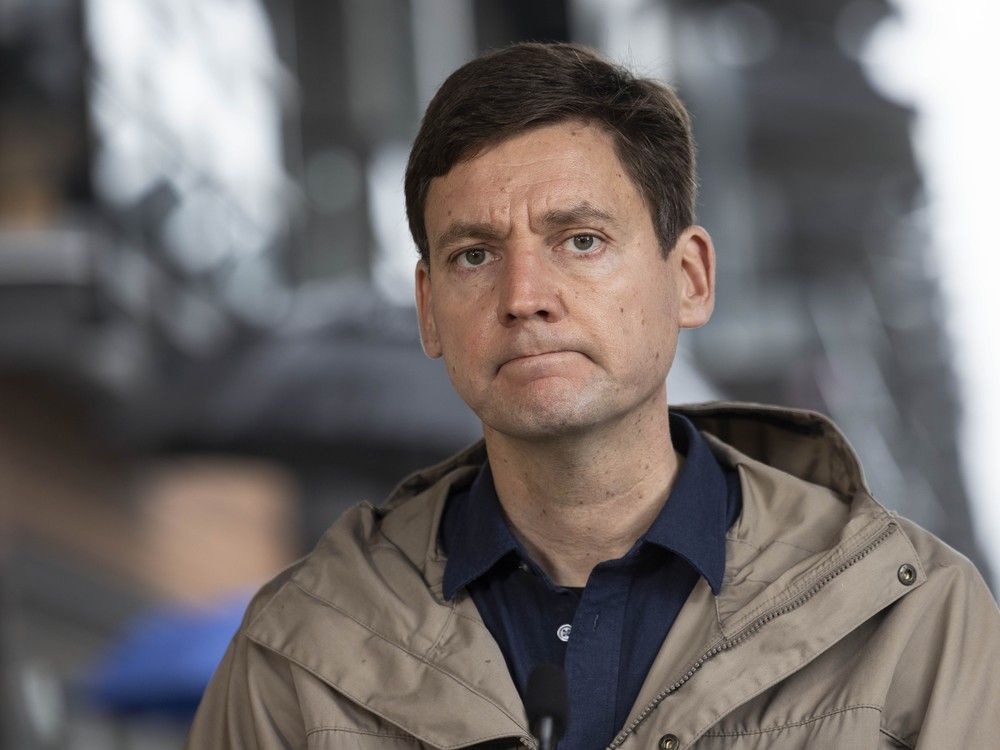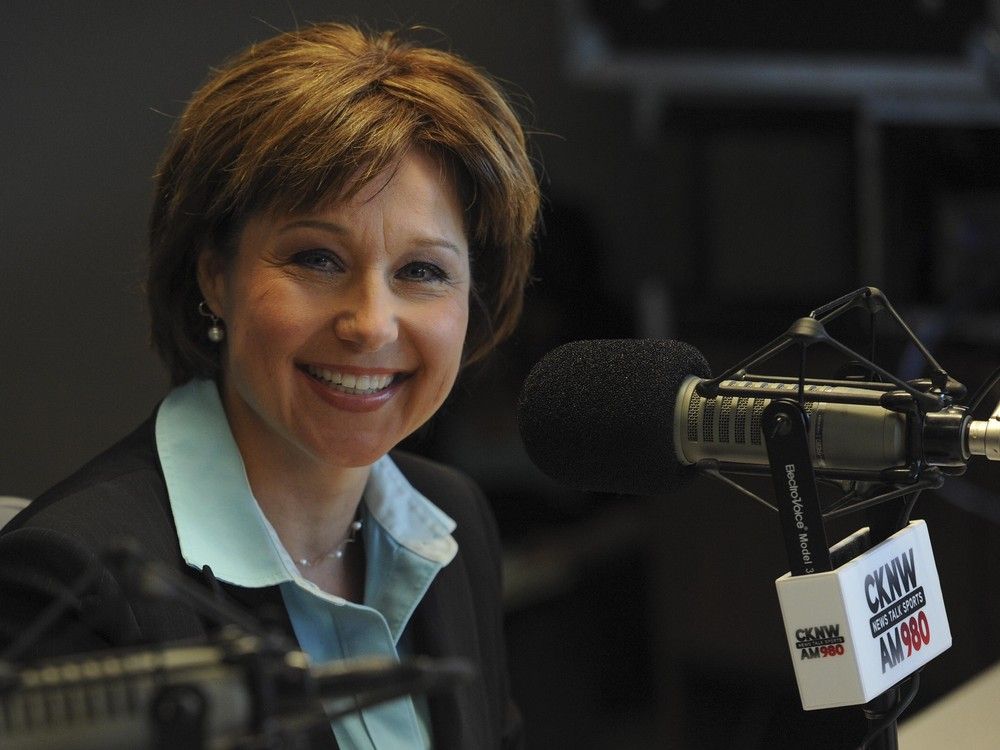
The revelation this week that Premier David Eby had hired Michael Bryant as a special adviser on Vancouver’s Downtown Eastside has led to a renewed focus on the premier’s practice of bringing in outside experts to tackle thorny problems.
According to Bryant’s contract, the former Ontario attorney general and past CEO of Legal Aid B.C. is to provide the government with policy advice on how to improve services and supports in B.C.’s poorest neighbourhood.
Bryant will be paid $150,000 over six months with the option for the government to extend his contract for an additional six months for a total of a year. His payment for that year would be $300,000. He will also be reimbursed for up to $25,000 in expenses per year.
“He doesn’t even have to do written reports. He can simply call the minister once a month and tell them what he’s up to. So there is no accountability,” B.C. Conservative Leader John Rustad said.
“There’s no evidence of any work being done. The contract itself suggests that the outcome may not be achievable. This is political patronage at its worst.”
Bryant left after two years as CEO of Legal Aid B.C. in 2024. The reason for his sudden departure has not been disclosed by the agency. In 2009, he was charged in Ontario with criminal negligence causing death after an accident that killed a Toronto bike courier. The charges were dropped after prosecutors concluded there was little chance of a conviction.
Although the contract began three months ago, there had been no public disclosure by the province until Global News reported on it this week.
“Mr. Bryant was chosen for this policy work due to his legal background and lived experience,” reads a statement from the premier’s office regarding the appointment. “The intent was to announce this appointment earlier, regrettably this didn’t happen.”
Bryant is the latest in a series of advisers Eby has brought in since becoming premier with notable names such as Lisa Helps, former Victoria mayor, to advise on housing; Penny Ballem, longtime Vancouver Coastal Health board chair, to advise on health; and Doug White, past chief councillor of the Snuneymuxw First Nation, to advise on reconciliation.

David Black, a Royal Roads political communications professor, said there has been a trend in recent years of premiers and prime ministers in Canada appointing outside experts to centralize decision making.
“You have layers of advisers, you have political staff on order-in-council appointments who end up being a kind of shadow cabinet, effectively, serving the premier,” said Black.
“There is a concern that because they are political appointees, that they are going to be accountable more to the kind of political, partisan sort of concerns of government, rather than where the policy research takes them.”
However, he added, most of these individuals have undeniable expertise and can help Eby move faster than going through the bureaucratic processes of government. But it could lead to the premier getting conflicting policy advice from outside experts and government experts, causing decision paralysis and alienating public officials who have been working on the issue for a long time.

Former B.C. Liberal premier Christy Clark said she doesn’t recall her office appointing outside advisers in the manner of Eby, adding that if the current process of government isn’t working, then the premier has the power to change it.
She also said that if a minister isn’t getting the job done, then maybe it’s time for a new minister.
“It’s ridiculous. The premier’s office is in charge of the bureaucratic process across government, and if the premier decides that she or he wants to kind of slim down the bureaucracy and change the process, they ask their deputies to do that,” she said.
“If you’re having to hire people from outside to fix the bureaucracy that you’re in charge of, you’re really just demonstrating you’re not in charge of the bureaucracy.”
NDP strategist Mike McKinnon, of the public-affairs firm Enterprise Canada, agrees problems can arise when advisers are appointed, but believes the pros outweigh the cons because Eby can “look under every rock” to find solutions to big challenges.
He also said concerns around centralization are “overblown” and that it is, in some cases, the slow pace of the normal decision-making process has allowed problems to become worse.
“At the end of the day, the public wants results,” said McKinnon. “The public wants safer communities. The public wants better health care. The public wants a thriving economy, and if you deliver results on those issues, no one is going to be taking you to task over a couple of advisers or a couple of staff positions.”
Sarah Blyth, executive director of Vancouver’s Overdose Prevention Society, where Bryant has set up a drop-in office, said the controversy is a distraction from the real work that is being done to save lives.
She said that Bryant has met with community members, listened and reported to the premier’s office.
“When you have someone from the premier’s office coming to the Downtown Eastside, it’s an opportunity for Downtown Eastside residents to have a voice,” said Blyth.
“It’s good to take that opportunity and make sure that community members that are suffering the most have a direct line to say what their needs are, how they’re feeling, what would make things better, that kind of stuff.”